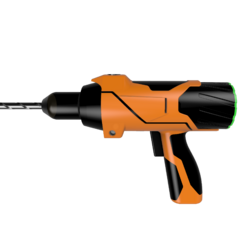Computers In Your Brain & Power Consumption Oddities
-
Featured Topics
-
Topics
-
ClumsyMonster244 ·
Posted in Troubleshooting1 -
VirusDumb ·
Posted in Looking For Group0 -
Gat Pelsinger ·
Posted in Linux, macOS and Everything Not-Windows2 -
3
-
Sai125943 ·
Posted in New Builds and Planning0 -
3
-
eric_s ·
Posted in Troubleshooting2 -
Bublito ·
Posted in Troubleshooting3 -
3
-
1
-






.thumb.jpg.ab6821c090888206ddcf98bb04736c47.jpg)












Create an account or sign in to comment
You need to be a member in order to leave a comment
Create an account
Sign up for a new account in our community. It's easy!
Register a new accountSign in
Already have an account? Sign in here.
Sign In Now